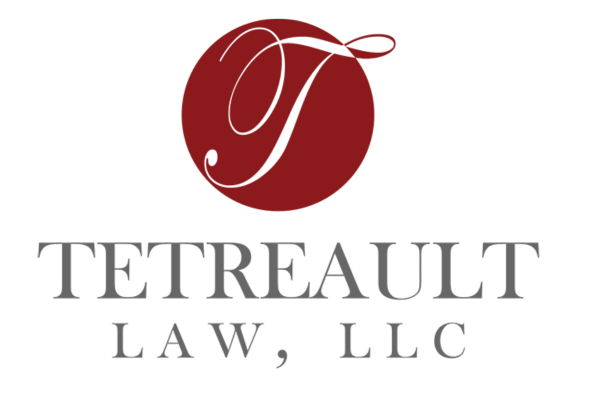In real estate, deeds are legal documents that transfer property ownership from one party to another.
There are several different types of deeds: property deeds, warranty deeds, grant deeds, fiduciary deeds, gift deeds, and quitclaim deeds. For the purpose of this blog, we highlight the key differences (and similarities) between gift deeds and quitclaim deeds in Georgia and the different tax consequences.
Let Tetreault and Associates assist you with your Georgia deed preparation needs.
Quitclaim deeds are typically used in non-sale situations, such as property transfers between family members, and gift deeds are used to transfer property as a gift.
A quitclaim deed removes the name of one owner from the deed without providing a warranty. A gift deed is a special purpose deed that allows someone to transfer property ownership without charge or consideration.
A quitclaim deed does not verify the interest or title of the property in Georgia. It only transfers ownership of the property itself. It does not protect the grantee in the event that the grantor was dishonest about the property or their share of it. Therefore, quitclaim deeds are most often used when you’re transferring property from one family member to another.
A gift deed (or deed of gift) is commonly used in Georgia to transfer real property between spouses, relatives, friends, or charities. It can only be used when there is no compensation or consideration involved in the transaction. The purpose of a gift deed is to allow a donor to freely give a solely owned property to someone else without any compensation in return.
Similar to a quitclaim deed, an owner/grantor transferring title through a gift deed does not warrant title to the property.
Subsequent Tax Ramifications
When quitclaim deeds are used to transfer property, there may or may not be a payment. If there is no payment, then nothing about the property is reported on either party’s federal income tax forms. If a payment is received, it must be noted on the deed and sales tax will be assessed to the grantor for the received payment.
Gift deeds can be used only when there is no payment or compensation given to the donor in exchange for giving the property. Gifts of property must be reported by the recipient on the recipient’s federal income tax form.
Contact a Qualified Georgia Real Estate Attorney
Deed preparation is an important part of a real estate transaction. You need an experienced real estate lawyer who will prepare the right deed for your situation and avoid errors, which can jeopardize the entire process. Call us at (912) 355-9109 or go online to schedule an appointment today!


Recent Comments